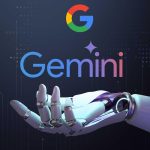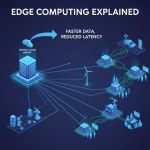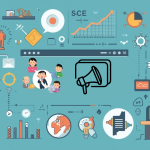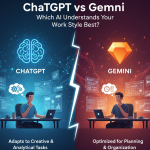The freelance world is no stranger to change. Over the last decade, we’ve seen remote work platforms, digital nomads, and global collaboration reshape how people earn a living. But now, another shift is underway the rise of AI freelancers.
From writing content and designing graphics to generating code and analyzing data, artificial intelligence is stepping into roles once reserved for humans. Advanced tools like ChatGPT, Midjourney, GitHub Copilot, and Synthesia are performing complex freelance tasks with astonishing accuracy and speed.
As these AI systems evolve, a question arises: Are humans about to compete with machines for freelance jobs? The answer isn’t as simple as yes or no because the future of freelancing may depend on how well we collaborate with AI, not how hard we compete against it.
What Exactly Are AI Freelancers?
An AI freelancer isn’t a person it’s an intelligent system capable of performing digital tasks traditionally completed by human freelancers. These systems can generate written content, create videos, build websites, manage marketing campaigns, or even handle customer service queries.
Platforms and startups are already experimenting with offering AI-powered services as freelancers. Imagine hiring a chatbot to write a blog post, or an AI designer to produce a full ad campaign overnight. These tools don’t need sleep, vacations, or hourly rates just processing power and data.
However, AI freelancers lack one crucial element human intuition. They can mimic creativity, but they don’t truly understand context, culture, or emotion the way people do. That’s why the most successful future freelancers will be human–AI hybrids, combining the best of both worlds.
The Rise of Automation in the Gig Economy
The gig economy thrives on flexibility, speed, and results qualities that AI automation naturally enhances. For example:
- Writers now use AI to brainstorm ideas, optimize SEO, and polish drafts.
- Designers leverage tools like Midjourney or DALL·E to generate visual concepts in seconds.
- Developers rely on AI assistants to write boilerplate code or debug faster.
This integration has made freelancers more productive and competitive. But it also means that clients are beginning to expect faster turnarounds and lower costs pressures that may widen the gap between those who use AI effectively and those who don’t.
In short, AI isn’t taking away freelancing jobs it’s reshaping how they’re done. The future belongs to freelancers who can adapt, learn, and lead the new wave of AI collaboration.
Can AI Freelancers Really Replace Humans?
The short answer: not completely. While AI tools can replicate specific skills, they lack emotional intelligence, strategic thinking, and empathy qualities that clients value deeply in human freelancers.
AI can write an article, but it can’t interpret brand voice nuances without guidance. It can create an image, but it won’t understand cultural symbolism or audience psychology.
In creative industries especially, human insight remains irreplaceable. The most powerful model isn’t man versus machine it’s man working with machine. Humans bring creativity, storytelling, and purpose; AI brings efficiency, scalability, and precision. Together, they can produce results faster and better than ever before.
How AI Freelancers Are Changing Client Expectations
As AI systems become more common, client expectations in the freelance market are shifting dramatically. Businesses are getting used to near-instant results, real-time revisions, and lower costs benefits enabled by AI automation.
Clients may begin comparing human freelancers not just to each other but to the speed and output of AI tools. This creates new pressure for freelancers to upskill, learning how to integrate AI into their workflows rather than ignore it.
The most successful professionals will market themselves not just as freelancers, but as AI-powered problem solvers. They’ll combine creative thinking with technical tools, offering hybrid services that machines alone cannot match.
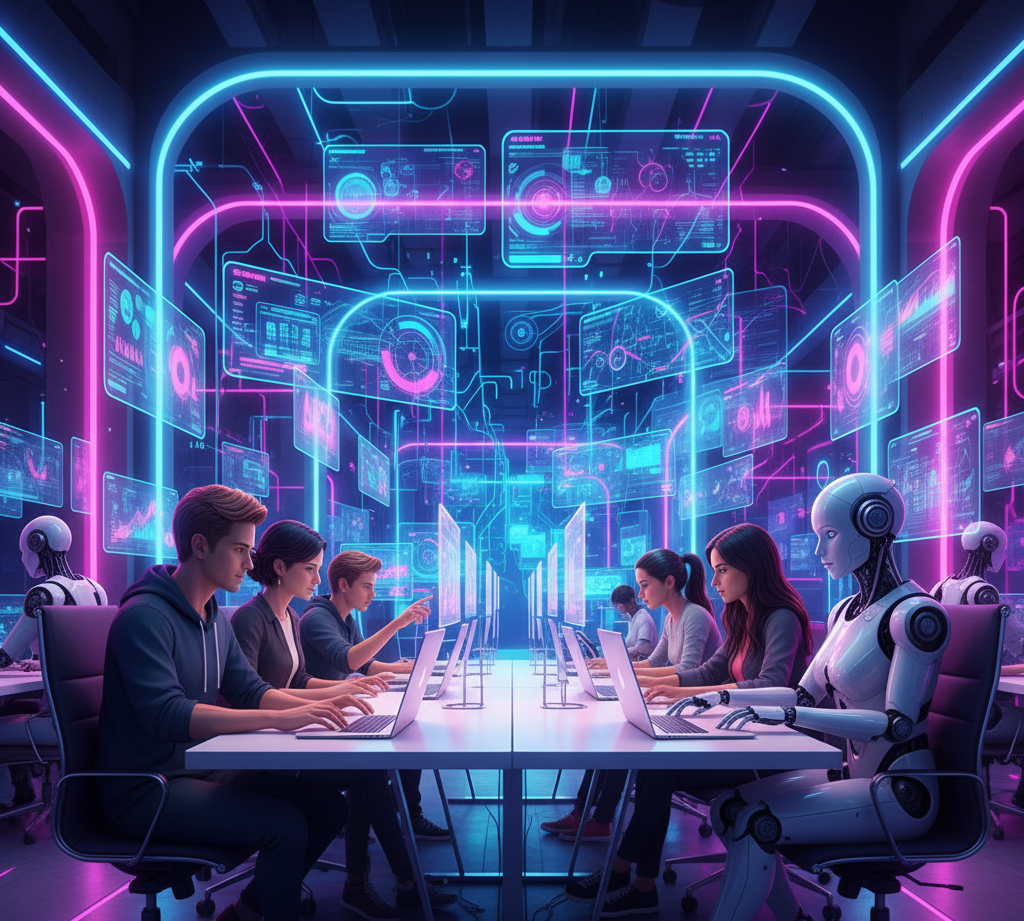
Preparing for the Future: Freelancers and AI Collaboration
To thrive in this new era, freelancers must embrace AI as a collaborator, not a competitor. That means mastering tools that boost efficiency and creativity, such as:
- AI writing assistants (ChatGPT, Jasper, Writesonic)
- AI design tools (Canva Magic Studio, Midjourney, DALL·E 3)
- Automation platforms (Zapier, Notion AI, Airtable Automations)
- AI analytics and marketing tools (HubSpot AI, SurferSEO, Copy.ai)
Freelancers who understand how to prompt, train, and guide AI systems will stay relevant and even increase their rates. They’ll spend less time on repetitive work and more time on the tasks that matter most: strategy, storytelling, and relationship-building.
In short, AI doesn’t take away the need for human freelancers it amplifies their potential.
What the Future of Work Looks Like
The future of work will be hybrid not human or machine, but both. AI will handle routine tasks, allowing people to focus on creativity, emotion, and innovation. The freelance marketplace of tomorrow will include human professionals, AI agents, and hybrid teams collaborating seamlessly.
Some platforms may even list AI freelancers as official service providers, competing alongside humans for contracts. But even then, humans will hold the advantage in areas requiring empathy, cultural context, and originality.
Education and adaptability will be key. As AI reshapes the economy, those who continue learning about new tools, ethics, and evolving workflows will lead the next generation of digital professionals.
Conclusion
The rise of AI freelancers doesn’t signal the end of human creativity it marks the beginning of a new partnership between people and technology. Machines will take on repetitive, data-driven tasks, while humans continue to define strategy, emotion, and purpose.
Freelancers who embrace this shift will not only survive but thrive in the future of work. They’ll build smarter workflows, deliver results faster, and position themselves as innovators in the digital economy.
Platforms like Wiraa are already connecting freelancers and remote professionals with cutting-edge projects that integrate AI, automation, and digital transformation. By embracing AI as an ally rather than a rival, freelancers can shape a future where humans and machines succeed together.

